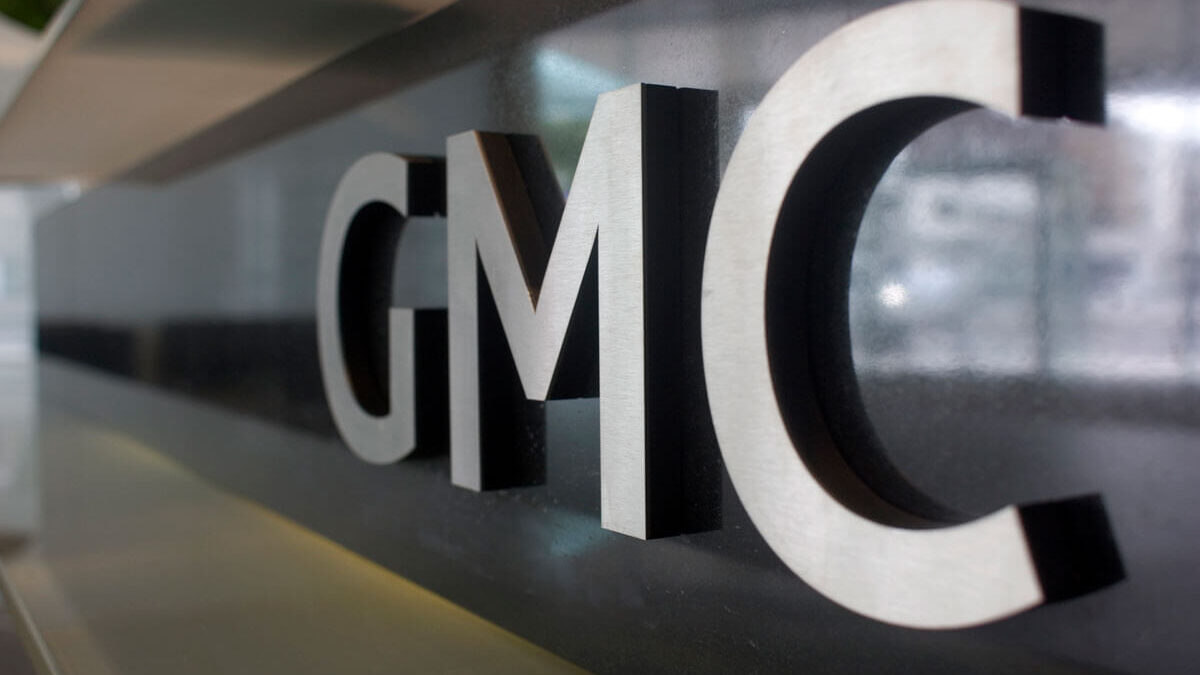


Medical practices are probably the noblest ones on the planet. Most people are of the impression that armed forces are the ones doing a great job because they protect the borders. But that’s only until someone is struggling for life, and they see that a doctor or a health care professional is their only hope.
People in the medical field are saving lives and helping people to improve the quality of their lives. That’s genuinely something praiseworthy. Also, not just doctors and surgeons but also psychologists who keep people sane. Our nurses make sure that people are well-taken care of in the hospitals.
So it’s truly a great, noble profession. However, it is easy for things to get messy in this domain. Maintaining health makes people come into certain situations that are generally perceived as uncomfortable. So there are a lot of grey areas that the HCPs have to face.
At times there may be a deliberate attempt to violate rules, and at times it just may be a part of the procedure that the other person perceives as a grievance. Whatever the scenario, it can easily become a cause of concern and lead doctors and healthcare practitioners to GMC investigations.
GMC stands for General Medical Council, and it operates to regularise and better up the medical practices. GMC ensures that medical practices are made safe for the patients and that the doctors work in strict accordance with the rules.
Basically, the organisation is there to help patients report inconveniences. Again, as mentioned above, medical practices can bring patients and doctors into a lot of grey areas, and GMC is there to ensure that the set boundaries aren’t crossed.
This article shall discuss the roles of GMC, what things make up for a legitimate case, and other relevant details.
Being a doctor isn’t an easy task. Any investigative body that works with medical professionals is aware of the job that doctors and other professionals do. GMC doesn’t really bother doctors for baseless complaints and something that’s really trivial.
So more than 80% of the cases are shunned away without investigation because the concerns raised are either baseless or really trivial. So even if someone tells a doctor that they’ll be setting up a GMC investigation on them and the doctor doesn’t hear anything from GMC, it means the investigation didn’t progress.
However, when things are serious and the case crosses the GMC threshold, then things proceed. Even when certain cases progress, they may not be really serious, and the matters can get resolved by having a discussion with the doctor’s head.
Whatever the situation, the GMC first contacts the doctor and has the necessary dialogue before making any advancements.
There are several instances where a case becomes eligible for GMC doctor investigation. As mentioned above, most of the cases are reviewed and dismissed. However, some serious instances that are mentioned below, get investigated, and the necessary measures are then taken to address the case.
Here are a few concerning areas that are investigated. If the allegation is proven, then the doctor will get stopped from practising.
These are the few situations where doctors can get penalised.
Course: Ethics and Ethical Standards for Doctors
When a doctor isn’t in line with the standards, they are, of course, brought under the limelight and investigated. What happens with the doctor during the time of investigation varies from case to case. For instance, if some complaint is met that doesn’t meet the GMC threshold for investigation, then the doctor won’t even hear about it.
However, if something serious occurs, then the doctor may be asked to pause the practice. All this happens after GMC first talks to the doctor, and then any process takes off.
GMC works in the most systematic way possible. When an investigation opens up, that’s not indicative of any sort of conclusion of a penalty. It just means that the organisation wants to thoroughly look at the details before handing out any verdict.
As a doctor if you get an investigation opened up against you then here is the wise thing to do:
Whenever a case opens up and the investigation proceeds, GMC writes to your employer at the beginning.
If the preliminary findings suggest that your practise should be restricted or suspended right away, then the case gets referred to the Medical Practitioners Tribunal Service (MPTS). If the concerns address something that’s out of the domain of GMC, then the case is referred to the Medical Practitioners Tribunal Service (MPTS) straight away. That’s usually the case when the concerns involve convictions or caution.
Yes, medical complaints are taken very seriously. Even though 80% of them don’t make the cut, the complaints are handled with due diligence. Because negligence on the part of GMC means that the medical system can easily become corrupted, and people can suffer a lot.
The complaints are taken seriously. Doctors are always advised to follow the best practices so that they are always at least two steps away from any trouble. It is true that no doctor is unnecessarily bothered. However, a serious case can get the licence terminated.
As a doctor, you need to ensure that your practices are always the best and ethical. It is a rare but possible observance that doctors can lose their licence because they mistakenly stepped the ethical boundaries. That’s why the best way is to regularly get refreshed about probity and the right ethical practices.
Course: How to Avoid a Complaint or Investigation
As mentioned above, misconduct and unethical practices can threaten a doctor’s licence and the right to practice. That’s a risk hardly anyone would be willing to take.
There are certain professional boundaries that can be easily overstepped by doctors. By enrolling and attending probity courses, the doctors can always know the best ethical practices while approaching their cases.
Also, the certified probity and ethics program makes a doctor’s profile strong and makes them secure against allegations. These courses aren’t just for the doctors but basically the whole medical fraternity. That includes nurses, dentists, midwives, and other HCPs.
Complaints of misconduct and unethical practices aren’t taken lightly by GMC. And the reason is simple; when lives are at risk, the bodies can’t afford to be negligent.
These courses should be taken by the HCPs periodically because, over time, it is easy to forget about some points. Signing up for these courses can keep you refreshed, and if there’s any new protocol, you’ll get you to know that too.
Course: Professionalism and the Professional Standards for Doctors
As a doctor, it is your duty to deliver the best and try your best to steer clear of any misconduct.
Although 80% of GMC investigations are turned down, serious concerns are never ignored. Cases, where GMC believes that unethical practices have happened, are taken seriously. It can take up to 12 months for the GMC to get a case to a conclusion.
If you are a doctor or any other HCP, then it’d be wise for you to take steps and avoid GMC as much as possible. If you want further insight into probity and ethics courses, then visit our website. We offer relevant courses to the HCPs so that their practices are always ethical and meant to serve the patients in the best possible way.
As a doctor, it is your duty to protect lives without violating professional boundaries. With our courses, you can know the best practices so that your licence doesn’t get at risk, and you can focus on your task always.
© Copyright 2025 Probity & Ethics. All Rights Reserved.